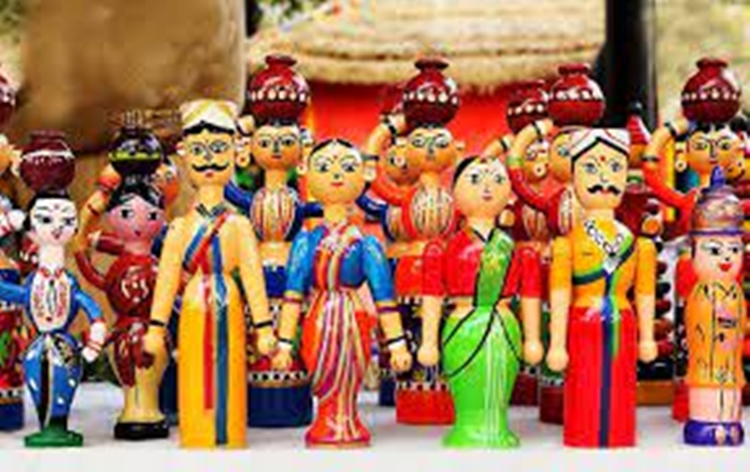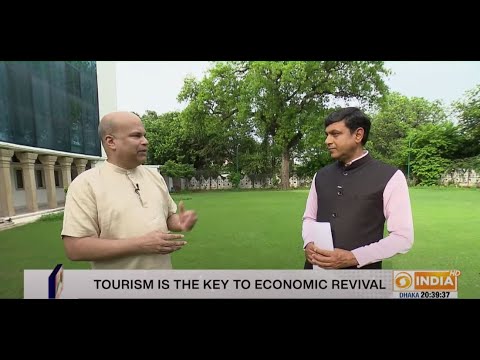Central government is extending comprehensive support to create a favorable manufacturing environment for the toy industry. Various measures have been implemented to bolster the sector, leading to a remarkable transformation.
The government’s initiatives include promoting toys made in India, designing them based on Indian values, culture, and history, using toys as educational tools, organizing hackathons for toy design, and ensuring quality control. These efforts have resulted in a substantial 52% decrease in overall toy imports and an impressive 239% increase in toy exports from the fiscal year 2014-15 to 2022-23.
To further enhance the export of “Made in India” toys, the government has taken strategic steps:
Quality Assurance: The Directorate General of Foreign Trade (DGFT) mandated sample testing for each consignment, with no permission for sale unless quality testing is successful. In case of failure, the consignment is either returned or destroyed at the importer’s cost.
Customs Duty Increase: The Basic Custom Duty (BCD) on Toys (HS Code-9503) was raised from 20% to 60% in February 2020, further increased to 70% in March 2023, encouraging domestic manufacturing.
Quality Control Order (QCO): The government issued the Toys (Quality Control) Order, 2020, making Bureau of Indian Standards (BIS) certification compulsory from January 1, 2021, for both domestic and foreign manufacturers.
Exemptions and Special Provisions: Amendments to the QCO on Toys exempted goods and articles manufactured and sold by registered artisans and those with Geographical Indication status.
BIS Licensing: BIS granted licenses to micro-scale units manufacturing toys without a testing facility, with a recent extension up to a period of 3 years.
National Action Plan: In 2020, the government developed a comprehensive ‘National Action Plan’ for Toys, involving collaboration with 14 central ministries/departments. It encompasses 21 action points across four themes – Promoting Trade and Investment, Designing and Manufacturing Toys in India, Promoting Indigenous Toys, and Recognizing Toys as Learning Resources.
Free Trade Agreements (FTA): Recent FTAs, including India-UAE Comprehensive Partnership Agreement (CEPA) and India-Australia Economic Cooperation and Trade Agreement (ECTA), provide zero-duty market access for Indian toy exports, fostering international trade.
These concerted efforts aim to position India as a global hub for toys, supporting local manufacturing, and driving economic growth in the sector.
















